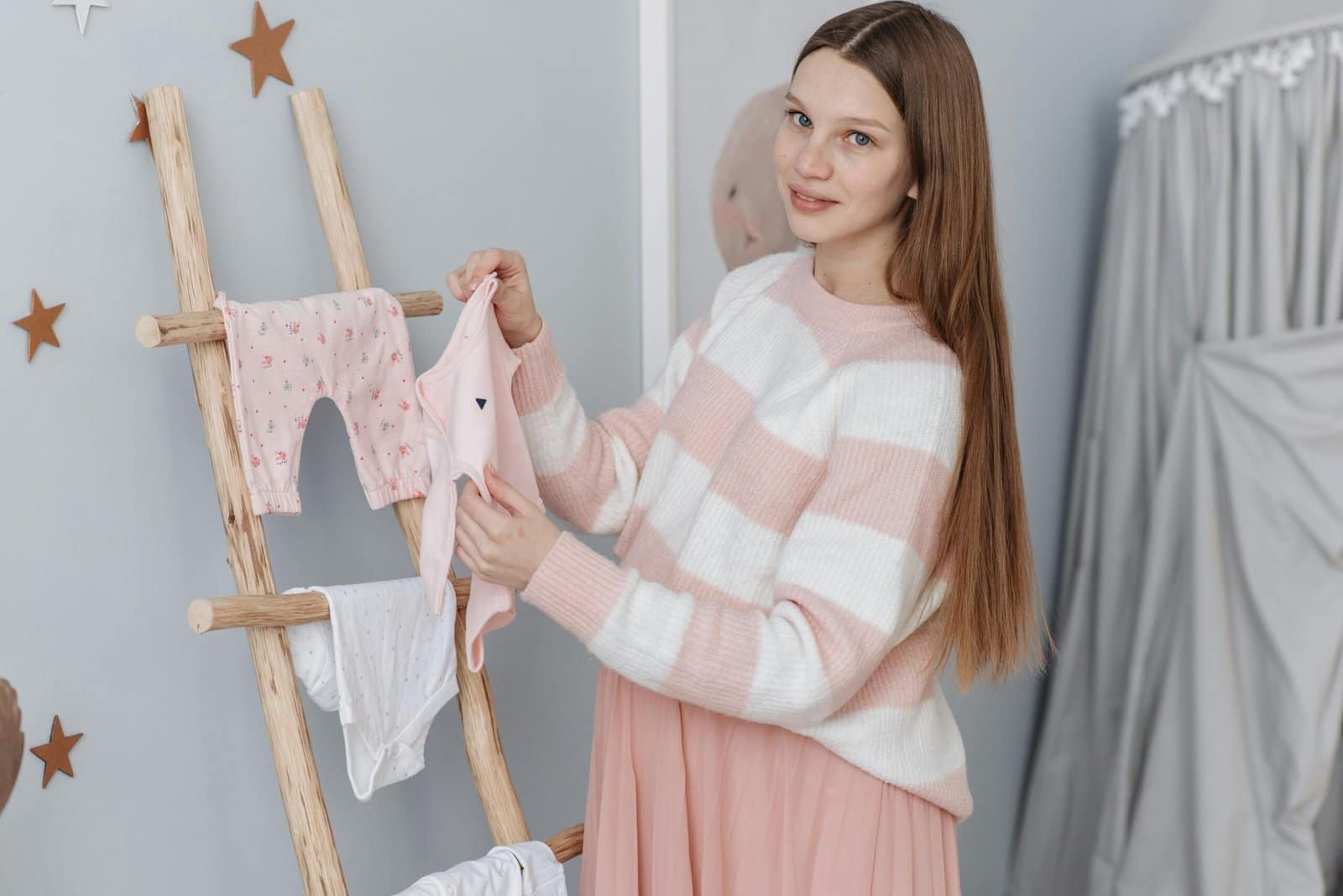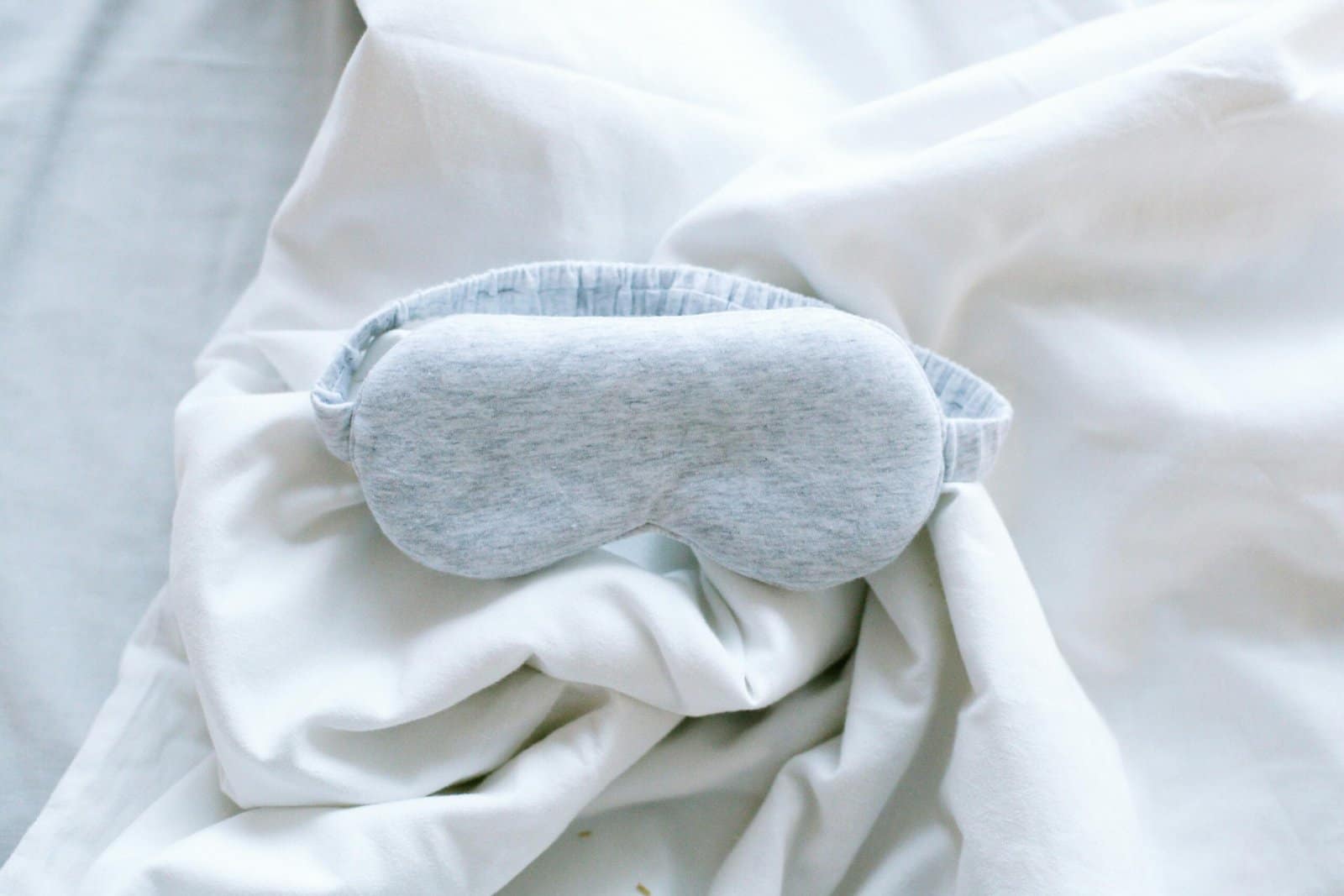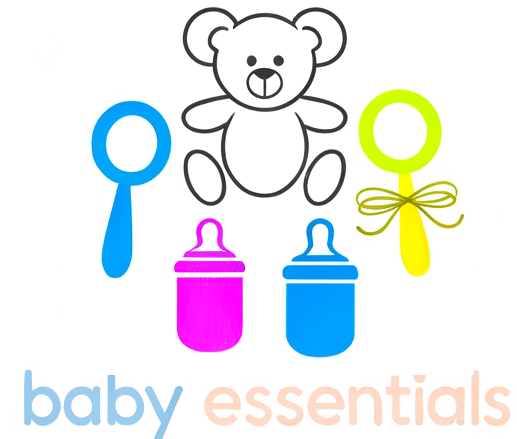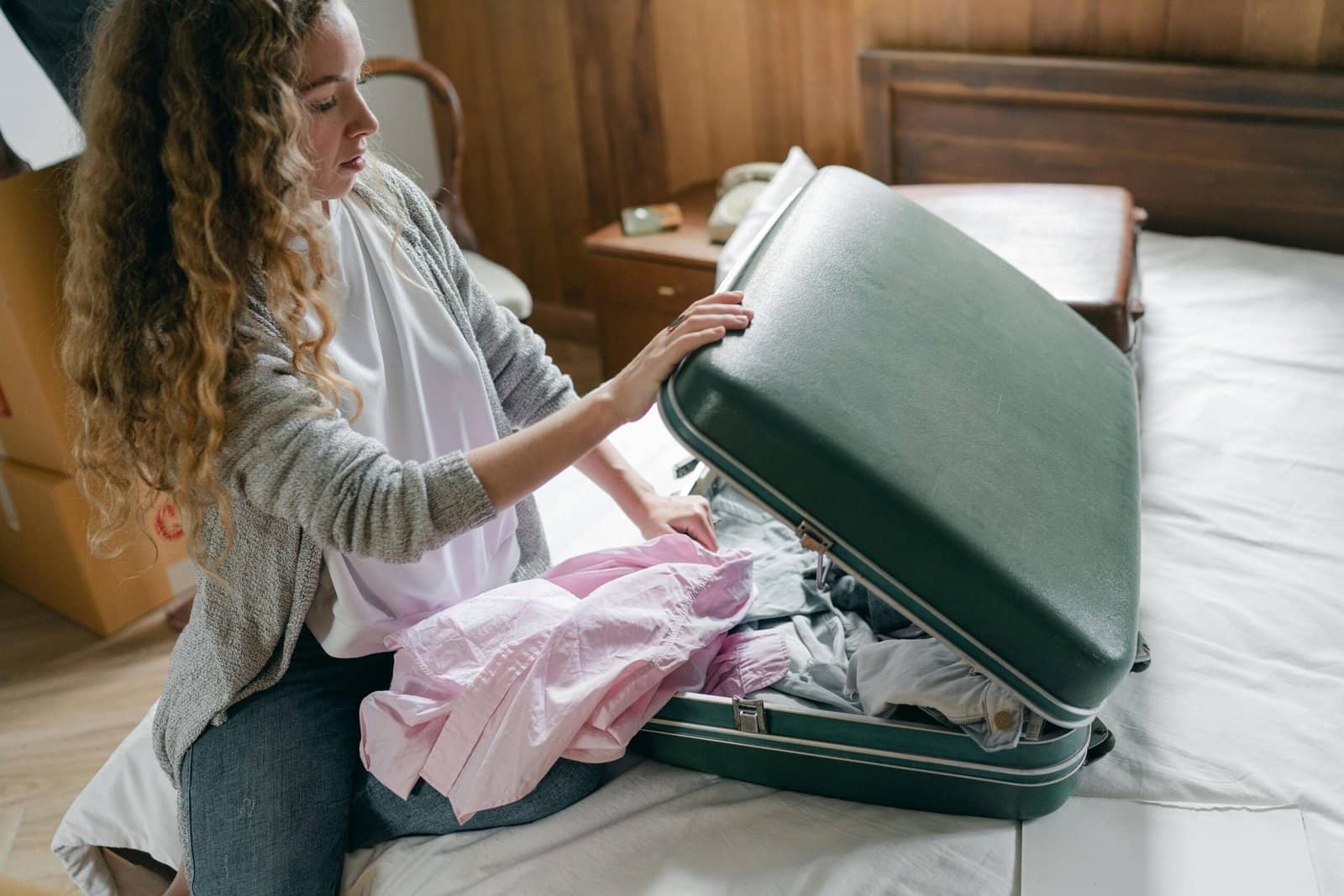Congratulations! You’re embarking on one of life’s most incredible journeys – welcoming a new baby. The days leading up to your arrival at the hospital can feel overwhelming, filled with anxious excitement. One of the biggest ways you can alleviate some of that stress is by being prepared. A well-packed hospital bag isn’t just about convenience; it’s about knowing you have everything you need for both you and your little one, ready when you need it. This comprehensive checklist, titled The Ultimate New Baby Hospital Bag Checklist, updated for 2025, will guide you through what to pack, ensuring a smoother and more comfortable transition into parenthood.
The Ultimate New Baby Hospital Bag Checklist: When to Pack Your Hospital Bag
Start gathering items around 32-34 weeks of pregnancy and have your bag completely ready by 36 weeks. Babies can arrive early, and you don’t want to be scrambling at the last minute!

Part 1: Your Hospital Bag – Essential Items for Mom
Remember, while the NHS and hospitals provide many essentials, having your own comfortable and familiar items can make a huge difference.
Clothing & Comfort
- Comfortable labour gown (hospital gowns are provided, but your own is often more comfortable)
- 2-3 nursing bras (even if you’re not planning to breastfeed, they provide excellent support)
- Maternity pads (heavy-duty sanitary pads for postpartum bleeding – essential!)
- Disposable underwear (more hygienic and convenient than regular underwear)
- Nursing pads (to prevent leaking and protect clothing)
- Going-home outfit (in a size similar to 6-month pregnancy clothes)
- Comfortable robe for walking the halls and nursing
- Soft leggings or joggers
- Comfortable slippers or flip-flops
- Hair ties and headband (essential for keeping hair out of your face during labour)
Toiletries & Personal Care
- Travel-sized shampoo, conditioner, and body wash
- Deodorant, toothbrush and toothpaste
- Lip balm with SPF (hospitals are notoriously dry)
- Face wipes and moisturiser
- Your own pillow (in a colored pillowcase to distinguish from hospital pillows)
Important Documents
- Maternity notes
- Birth plan (multiple copies)
- ID and insurance details (US)
- Copies of important medical records
- List of current medications with dosages
- Emergency contact information
Technology & Communication
- Phone and charger
- Portable power bank (hospital outlets may be inconveniently located)
- Camera (if you prefer dedicated photography equipment)
Snacks & Comfort Items
- Energy snacks (granola bars, nuts, fruit)
- Refillable water bottle
- Comfort items (favourite blanket, photos, or small mementoes)
- Journal or notebook for recording thoughts and the baby’s milestones

Part 2: Your Baby’s Hospital Bag – Essentials for Your Little One
Most Important: Car Seat
- Infant car seat (legally required to leave the hospital – have it properly installed before your due date)
Clothing (Pack Multiple Sizes!)
- 5-7 outfits in newborn size
- 3-4 outfits in 0-3 months (babies can be larger than expected)
- Bodysuits (short and long-sleeved)
- Soft pants or leggings
- Going-home outfit in both sizes
- Hats (essential for warmth)
- Socks or booties
- Scratch mittens (to protect tiny hands)
Feeding & Care Essentials
- Newborn nappies (6-8 minimum)
- Baby wipes (plenty for nappy changes)
- Burp cloths (essential for feeding time)
- Soft, cosy blankets for swaddling
- Pacifiers / Dummies (if you plan to use them – check hospital policy)

Part 3: Items That Make a Difference – The “Nice-to-Haves”
For Enhanced Comfort
- Nursing pillow (crucial support if breastfeeding)
- Eye mask and earplugs (for better rest)
- Essential oils or aromatherapy items (if the hospital allows)
- Tablet or e-reader for entertainment
- Small baby toys (soft rattle for check-ups)
For Your Support Person
- Change of clothes for multiple days
- Toiletries for freshening up
- Comfortable shoes for walking and standing
- Snacks and drinks for extended stays
- Entertainment (books, tablets, games for long labour periods)
Part 4: Special Circumstances
C-Section Considerations
- High-waisted underwear (more comfortable post-surgery)
- Loose dresses for easier dressing
- Extra pillows for positioning support
Seasonal Considerations
- Appropriate outerwear for the season when leaving the hospital
- Extra blankets for winter babies
- Sun protection for summer births
NICU Preparedness
- Breast pump and storage bags
- Extra supplies for extended stays
Part 5: Organisation Tips
Bag Strategy
- Pack in separate bags: labour bag, postpartum bag, baby bag
- Use clear storage bags to organise small items
- Label everything clearly for your partner or support person
Final Preparations
- Check with your specific hospital about their policies and what they provide
- Practice packing and unpacking so your partner knows where everything is
- Keep bags easily accessible near your front door
Printable Checklist Summary
For Mom:
- Comfortable clothing and a going-home outfit
- Maternity pads and disposable underwear
- Nursing bras and pads
- Toiletries and lip balm
- Important documents and medical information
- Phone, charger, and power bank
- Snacks and comfort items
For Baby:
- Car seat (properly installed)
- Clothing in multiple sizes
- Nappies and wipes
- Blankets and burp cloths
- Going-home outfit (newborn and 0-3 months)
For Support Person:
- Change of clothes and toiletries
- Snacks and entertainment
- Comfortable shoes
Conclusion
Packing your hospital bag shouldn’t be an afterthought. A well-prepared bag provides peace of mind and allows you to focus on what’s most important – welcoming your new baby into the world. This 2025 checklist is designed to be your comprehensive guide, ensuring you’re ready for anything that comes your way. Remember to customise it to your individual needs and preferences, and don’t forget to check with your hospital about their specific policies and provisions.
Most importantly, remember that while being prepared is wonderful, the most essential thing you’re bringing to the hospital is your love and excitement for your new arrival. Everything else is just details.
Congratulations again – enjoy this incredible journey!
7 Frequently Asked Questions About Hospital Bags
When should I pack my hospital bag?
Pack your hospital bag by 36-37 weeks of pregnancy at the latest. Since only 1 in 20 babies arrive on their due date, it’s recommended to start gathering items around 32-34 weeks and have everything completely ready by 36 weeks. This ensures you’re prepared if your baby decides to make an early appearance, as babies can arrive unexpectedly.
How many bags should I bring to the hospital?
Most experts recommend packing multiple bags for better organisation. Consider having:
A main hospital bag (weekend bag size) containing everything
A labour bag with immediate essentials for during birth
A post-birth bag with recovery items
A baby’s bag with newborn essentials
An extra bag at home for your partner to grab if you have an extended stay
Using clear storage bags or disposable shopping bags helps keep everything organised and easy to find.
What are the most essential items I absolutely cannot forget?
The absolute essentials include:
Maternity notes and birth plan
Heavy-duty maternity pads (2 packets)
Disposable underwear or large comfortable knickers
Nursing bras (2-3 comfortable ones)
Car seat for taking baby home
Going-home outfits for both you and your baby
Phone and charger (consider a long cable or power bank)
How many baby clothes should I pack and what sizes?
Pack 4-6 complete outfits for your baby, including both newborn and 0-3 month sizes. Your baby’s size can be unpredictable, so having options is crucial. Include:
4 sleepsuits (babygrows)
4 bodysuits (vests)
Hats, socks, and mittens
A special going-home outfit in both sizes
Weather-appropriate outer clothing (snowsuit for winter, lighter layers for summer)
What should my birth partner pack?
Your birth partner needs their own essentials for what could be a long hospital stay:
Change of clothes and comfortable shoes
Toiletries (toothbrush, toothpaste, deodorant)
Snacks and drinks for energy during labor
Phone and charger
Cash or payment details for the car park
Swimwear if planning a water birth
Entertainment (books, magazines, music)
Blanket or mat for sleeping
What items can I leave at home or skip entirely?
You can skip or leave at home:
Excessive amounts of baby clothes – hospitals provide basics and you’ll go home within 1-3 days typically
Baby bottles and formula unless specifically planning to bottle feed – hospitals provide these
Too many towels – hospitals provide these, though bringing one dark-colored towel is recommended
Valuable jewellery or electronics – keep these secure at home
Perfumes or strong scents – hospitals often have scent-free policies
Multiple pairs of regular shoes – slippers and flip-flops are sufficient
What do I need to know about hospital policies and what they provide?
Always check with your specific hospital about their policies and what they provide, as this varies significantly between facilities. Most UK hospitals typically provide:
Basic baby clothes and nappies for the first day
Hospital gowns and basic linens
Basic toiletries and towels
Initial feeding supplies
Medical equipment and monitoring devices
However, having your own supplies ensures comfort and familiarity during this important time. Some hospitals may have restrictions on certain items like essential oils, personal electronics, or specific types of clothing, so confirm these details during your antenatal appointments.
Pro tip: Pack a notebook and pen to record important information, timing of events, and questions for healthcare providers. This helps you stay organised during what can be an overwhelming but wonderful experience.
References
- NHS Guidelines on Newborn Care and Hospital Preparation
- Royal College of Obstetricians and Gynaecologists recommendations
- Current UK hospital policies and best practices for 2025
- Midwifery and parenting expert guidance on newborn care essentials
Note: Always check with your specific hospital or birthing centre for their current policies and what items they provide, as this can vary between facilities.
Further Reading
Newborn Essentials Checklist 2025
Understanding Newborn Birth Weight: What’s Normal & Why It Matters
Building a Bond with Your Baby
Baby Milestones: What to Expect in the 1st Year
Disclosure: As an Amazon Associate, I earn from qualifying purchases. This means that if you click on a link and make a purchase, I may receive a small commission at no additional cost to you.

